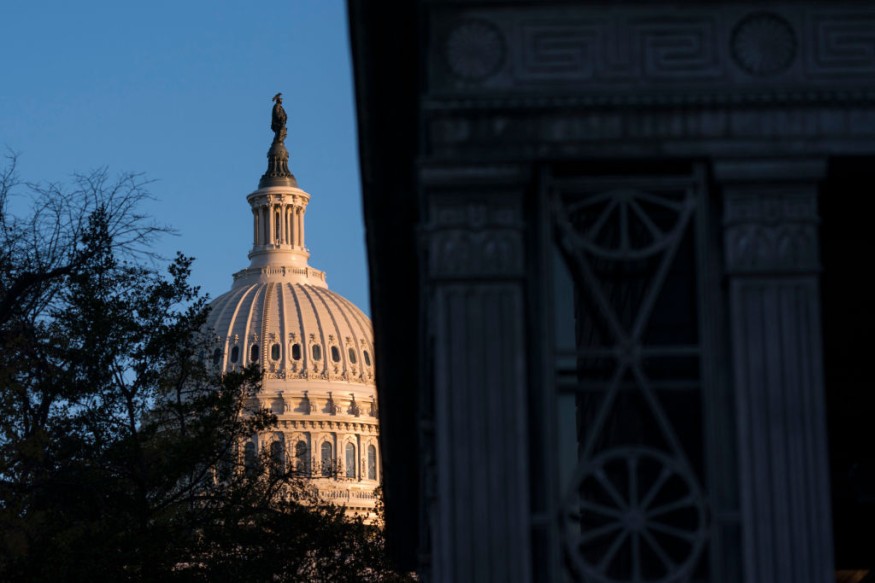Threat of Government Shutdown Arises Due to Failure to Strike a Deal

Another threat of government shutdown emerges after talks failed to produce a deal on a stopgap funding measure to keep the government open.
There is just nine days remaining until current funding runs out.
The long talks did not result in a bipartisan agreement.
The House Democrats introduced their proposal Monday afternoon, which funds the government until Dec. 11.
This will move "full steam ahead" on a vote on Tuesday, according to a senior Democratic aide.
The House will then send the legislation to the GOP-controlled Senate.
However, both chambers must ultimately pass identical measures. The president must also stop a government shutdown on Oct. 1.
A senior House Democratic aide claimed that the bill "may get stuck at the Senate" after House passage, which would create an impasse leading up to the deadline at the end of the month.
House Speaker Nancy Pelosi and Treasury Secretary Steven Mnuchin reached an informal agreement early this month.
The agreement was on a "clean" resolution, which essentially means agreeing to keep a stalemate over another phase of COVID-19 relief out of the negotiations to keep the government open.
Two crucial points of contention stayed, such as farm aid for the Commodity Credit Corporation, which is the Republican's priority, and funding to refill the Pandemic Electronic Benefits Transfer.
The latter is a temporary food benefit for families with children who would have received free or subsidized meals if schools were open.
Another senior House Democratic aide claimed that the CCC money was not really for farmers but was "a bottomless, unaccountable political slush fund."
"House Democrats already passed more than $30 billion in targeted. And tailored emergency aid to farm country in response to the pandemic as part of the Heroes Act, including language to ensure greater transparency and accountability with the Administration's use of the Commodity Credit Corporation, including decreasing the Secretary's ability to spend billions of taxpayer dollars without telling Congress," the aide was quoted in a report.
Meanwhile, Senate Republicans introduced a bill last week to advance their latest coronavirus stimulus package.
The relief package fell short of the 60 votes as all Democrats and one Republican opposed it.
If passed, the legislation would include reinstating enhanced unemployment insurance, but at $300 per week from the previous $600.
In addition, it would authorize new small business loans.
The Democrats on the Senate floor rejected what could have been another stimulus package for Americans.
Democrats claimed that it was inadequate as it did not include state and local government relief and food assistance, among other measures.
Senate Majority Leader Mitch McConnell, R-Ky, brought the Senate floor measures as efforts by the government and Democratic leaders failed to strike a bipartisan relief agreement.
McConnell said he aimed not only to show that they were taking action to fight the pandemic but also put pressure on Democrats ahead of the election period.
"They can tell American families they care more about politics than helping them," McConnell noted on Democratic senators who rejected the bill.
Check these out!
Meadows Blames Pelosi for Impasse on Coronavirus Relief Talks
US Budget Deficit to Hit $3.3 Trillion Due to Coronavirus Spending
Mnuchin to Congress: Pass Stand-Alone Coronavirus Relief Bill to Repurpose PPP Funds
Subscribe to Latin Post!
Sign up for our free newsletter for the Latest coverage!

















